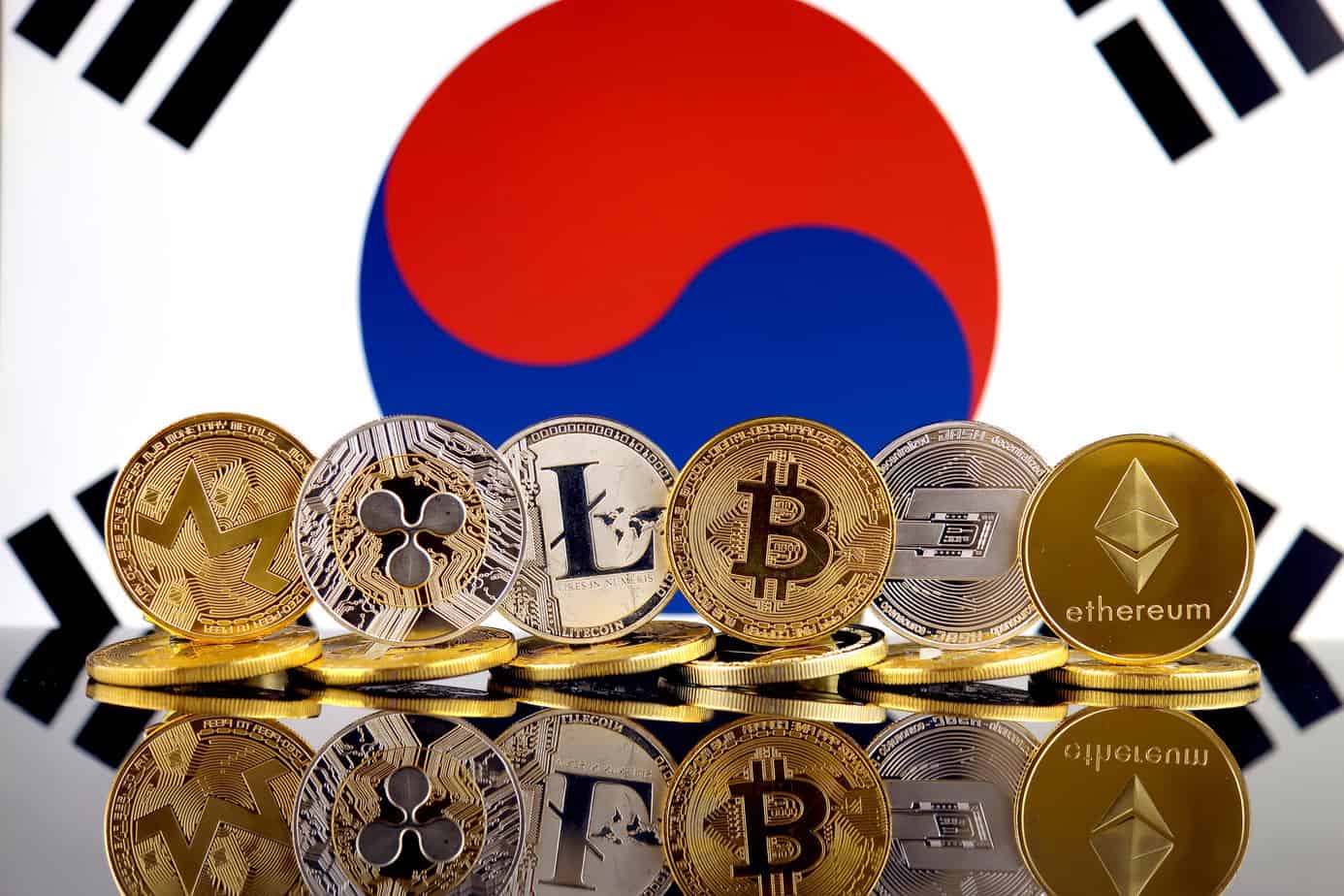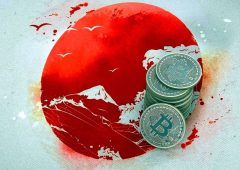South Korea Cracks Down on Crypto Exchanges, Tightens Oversight
05.09.2024 9:30 1 min. read Alexander Stefanov
South Korea’s Financial Supervisory Service (FSS) is set to crack down on virtual asset exchanges, focusing on uncovering illegal or suspicious activities.
Reports indicate that the FSS will enforce strict penalties for any misconduct and may push for regulatory changes to address any gaps in the system. The upcoming inspections aim to ensure that crypto platforms adhere to current laws and identify any questionable transactions.
This move aligns with South Korea’s broader efforts to safeguard crypto investors, following the recent implementation of the “Virtual Asset User Protection Act.”
This law, effective since July 19, mandates protective measures such as separating customer assets from exchange funds and insuring against hacks.
READ MORE:

Japan to Cut Crypto Tax Rate from 55% to 20%
Meanwhile, global regulators are also tightening their grip on digital asset platforms. For instance, Hong Kong has made operating an unlicensed crypto exchange a criminal offense, and the UK recently fined Coinbase’s British arm for compliance failures.
-
1
Ripple Faces Legal Setback as Court Rejects Bid to Ease Penalties
26.06.2025 16:54 1 min. read -
2
Coinbase Surges 43% in June, Tops S&P 500 After Regulatory Wins and Partnerships
29.06.2025 21:00 2 min. read -
3
Ripple Has Applied for a National Banking License
03.07.2025 7:00 2 min. read -
4
What Will Happen With the Stock Market if Trump Reshapes the Fed?
29.06.2025 13:00 2 min. read -
5
Barclays Blocks Crypto Credit Card Payments in Latest Blow to Retail Investors
26.06.2025 8:00 2 min. read
Trump Set to Sign GENIUS Act, Ushering in Landmark U.S. Stablecoin Regulation
The United States is poised to introduce its most sweeping cryptocurrency legislation to date, as President Donald Trump prepares to sign the GENIUS Act—a groundbreaking bill aimed at regulating the rapidly expanding stablecoin market.
Charles Schwab to Launch Bitcoin and Ethereum Trading Soon, CEO Confirms
Charles Schwab is preparing to roll out spot Bitcoin and Ethereum trading, according to CEO Rick Wurster during the firm’s latest earnings call.
Donald Trump to Unlock $9 trillion in Retirement Savings for Crypto and Gold Investments
President Donald Trump is preparing to sign a sweeping executive order this week that could radically reshape the way Americans invest for retirement.
BlackRock Moves to Add Staking to iShares Ethereum ETF Following SEC Greenlight
BlackRock is seeking to enhance its iShares Ethereum Trust (ticker: ETHA) by incorporating staking features, according to a new filing with the U.S. Securities and Exchange Commission (SEC) submitted Thursday.
-
1
Ripple Faces Legal Setback as Court Rejects Bid to Ease Penalties
26.06.2025 16:54 1 min. read -
2
Coinbase Surges 43% in June, Tops S&P 500 After Regulatory Wins and Partnerships
29.06.2025 21:00 2 min. read -
3
Ripple Has Applied for a National Banking License
03.07.2025 7:00 2 min. read -
4
What Will Happen With the Stock Market if Trump Reshapes the Fed?
29.06.2025 13:00 2 min. read -
5
Barclays Blocks Crypto Credit Card Payments in Latest Blow to Retail Investors
26.06.2025 8:00 2 min. read

